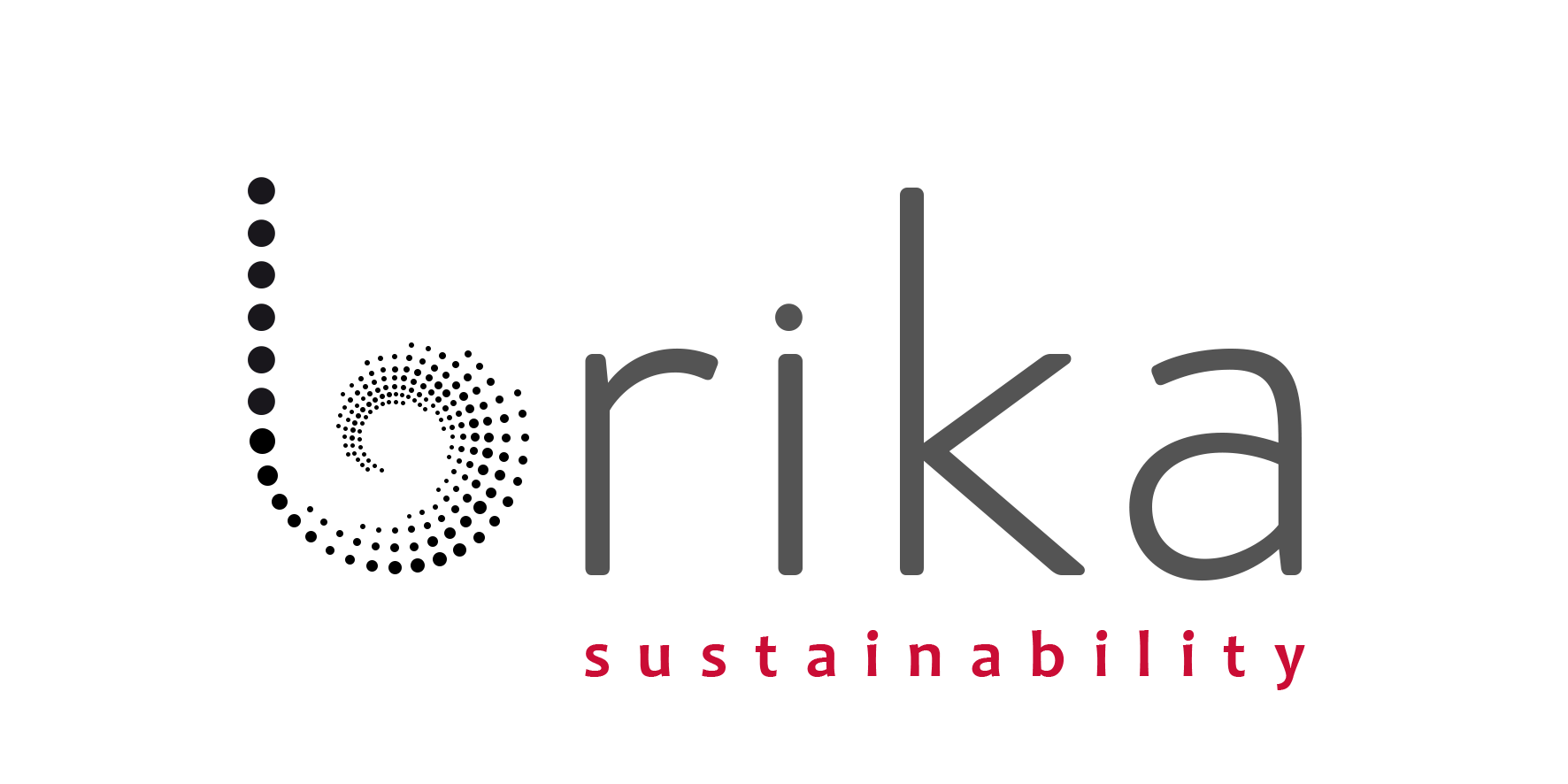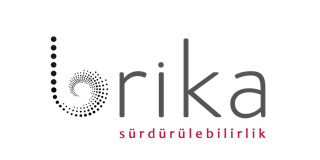Turkey G20 Presidency at a ‘Year of Sustainable Development ’
Turkey G20 Presidency at a ‘Year of Sustainable Development[1]’
Turkey is leading the G20 presidency during 2015. As any other Presidency, Turkey has a focus and its list of priorities with which it wants to lead its term of Presidency. Its focus is ‘inclusive and robust growth’ while formulation standpoints are summarized as 3 I’s: Investment, implementation, and inclusiveness.
‘Implementation’ priority makes sense following the Australian Presidency and Brisbane Action Plan. With about 800 commitments, the Brisbane Plan formulates a roadmap and aims to bring about an additional global growth of 2.1% until 2018. With plans on infrastructure, tax policy, employment and environment, it gets crucial that G20 sees implementation of its members’ commitments.
‘Investments’, on the other hand, are crucial in bringing about the 2.1% global growth that the G20 aspires. Due investment gaps in most of the developed nations, it becomes important to come up with policies to unleash investments, both public and private.
What is new under Turkey Presidency is that SMEs and their investment bottlenecks are brought under the G20 focus. From a Turkish domestic perspective, highlighting bottlenecks in investments of SMEs makes sense as Turkey has the highest percentage of SMEs within the OECD countries. Given the capacity problems in financing of SME investments, it makes sense to bring the issue to the G20 agenda with an intention of leveraging G20’s power in finance issues. Additionally, obtaining 2.1% global growth rate without increasing the contribution of SMEs may not be very realistic in any case.
SMEs are Turkey Presidency’s cross-cutting priority as they also represent the third formulation standpoint; i.e. inclusiveness. Turkey wants to emphasize inclusiveness as an issue to include both excluded stakeholders within G20 economies as well as excluded economies outside G20. Apart from the SMEs, gender equality in employment and youth employment are important aspects of inclusiveness as well as least developed nations.
Turkey’s Unique Contribution to G20
Of all the priorities of Turkey Presidency, inclusiveness deserves attention. It is a broad concept and it needs to be defined well: Given thematic priorities of Turkey (SME and LDCs), it might as well mean focusing on parts of domestic or global economy, which have been traditionally underserved and ignored; and yet have the potential to overcome secure stagnation problem.
Yet, inclusiveness is also important given the importance of 2015 in sustainable development agenda. There will be three important summits on development and they can determine the course of global economy after 2015. There will be an International Conference on Financing for Development in Addis Ababa in July, in addition to an UN meeting in September to approve Sustainable Development Goals, which will be replacing Millennium Development Goals. In December 2015, there will be United Nations Climate Change Conference (COP21) with an objective of achieving a legally binding and universal agreement on climate change.
As J. Sachs puts it, ‘these summits are to put the world on a course towards sustainable development, or inclusive and sustainable growth’. If these summits succeed, growth would mean more than just GDP increase, benefiting society across the income distribution and protecting (rather than wrecking) the natural environment[2]. In the words of a participant in T20 meetings in Istanbul in February, ‘new development paradigm that emerges in 2015 can be a game changer’ for the global economy.
Under this setting, G20 agenda can make crucial contributions to the new emerging paradigm. G20 has set a track record for the worse or best since 2008 at initiating set of rules in global economy so that negative feedback loops get out of control. G20’s contribution to the sustainable development agenda could be a showcase of its ability in creating positive feedback loops.
To give the message in a higher tone, without the involvement of G20 members in sustainable development agenda, it may not be possible to proceed in financing issues given the sheer size of G20 members in financing.
Can G20 Presidency under Turkey support the 2015 sustainable development agenda as much as it deserves? Even though climate change is not high on the agenda of Turkey Presidency, bringing inclusiveness through SMEs and LDCs into the G20 agenda is definitely encouraging. How much Turkey brings those issues into the highlight of G20 agenda may well determine G20’s contribution to the agenda of sustainable development this year. Yet, as in any other economic agenda, they would need political ownership both at the Presidency level and at the general G20 level. Such ownership will be critical especially if any of the 2015 development summits would fail to result in producing the expected outcomes.
[1] ‘ Year of Sustainable Development’ was the title of J.D. Sachs article appeared in Project Syndicate on December 2014
[2] J.D. Sachs, The Year of Sustainable Development, Project Syndicate, Dec 09 2014


